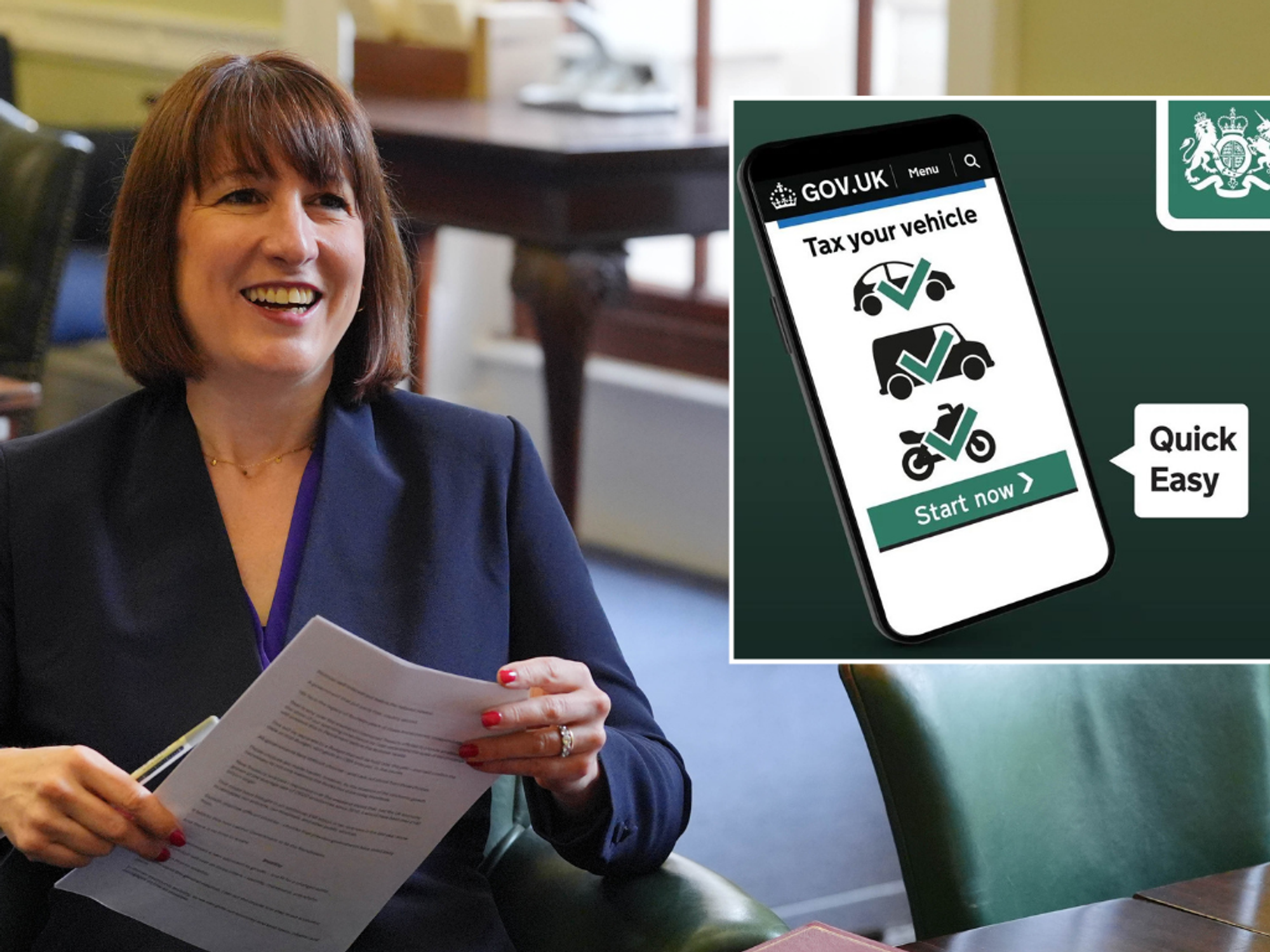A record 5.6 million people in England are waiting for care, according to the latest NHS figures
Don't Miss
Most Read
Trending on GB News
The NHS waiting list is likely to “grow significantly”, a think tank has warned, after new analysis suggests that 7.5 million fewer people were sent for hospital care than expected during the pandemic.
A record 5.6 million people in England are waiting for care, according to the latest NHS figures.
But analysis from the Health Foundation shows there were 7.5 million fewer people referred for routine hospital care between January 2020 and July 2021 than would have been expected, based on numbers before the pandemic.
While it is not clear whether all people will eventually come forward seeking help, the think tank warned that the NHS waiting list will “continue to grow” over the next few years.
The think tank suggested that the dip in referrals could be for a number of reasons – people could have put off seeking care during the pandemic while others may have seen their GP “but not yet been referred due to the pressure on hospital services”.
The Prime Minister conceded at the start of the month that the NHS waiting list would “get worse before it gets better”.
When Boris Johnson introduced a new tax hike for health and social care at the start of September, he said the levy is “fundamental to putting the NHS back on its feet”.
Tim Gardner, senior policy fellow at the Health Foundation, said: “While the Government has recently set aside a significant amount of money for tackling the NHS backlog, the scale of the challenge and the number of patients who did not come forward for care during the pandemic mean the waiting list is likely to continue to grow significantly over the next few years.
“We don’t know when or how many of the missing patients will require NHS care in future, nor what treatment they will need when they do.
“However, efforts to tackle the elective care backlog will only be effective if the NHS is able to target resources and support towards the patients, services and parts of the country that have been worst affected.”
Meanwhile a poll commissioned by the charity Independent Age found that half of those over the age of 50 on the waiting list said that they were in pain “daily”.
The survey of more than 8,000 people over the age of 50 found that 10% had been caught up in the NHS backlog.
Of these, 52% waiting for an operation reported being in pain every day.
And among those over the age of 65, one in three said they had been waiting for treatment for more than a year.
Deborah Alsina, chief executive of Independent Age, said that tackling the backlog must remain a priority for the Government, adding: “Many older people are living in daily pain and experiencing declining mental and physical health.
“We’ve heard from people who are struggling with day-to-day tasks like preparing food, brushing their teeth or going for walks.
“Their wait for surgery is negatively affecting their mood and wellbeing, and many have told us they feel frustrated and forgotten.”
A spokesman for the NHS in England said: “Caring for more than 450,000 seriously ill Covid patients has inevitably had a knock-on effect on non-urgent care and NHS staff have stepped up and made effective use of additional resources helping carry out millions more tests, checks, treatments and operations this summer compared to last.
“The NHS continues to urge anyone who needs the NHS to come forward through NHS 111 Online so that staff can help you with the best option for your care.”









